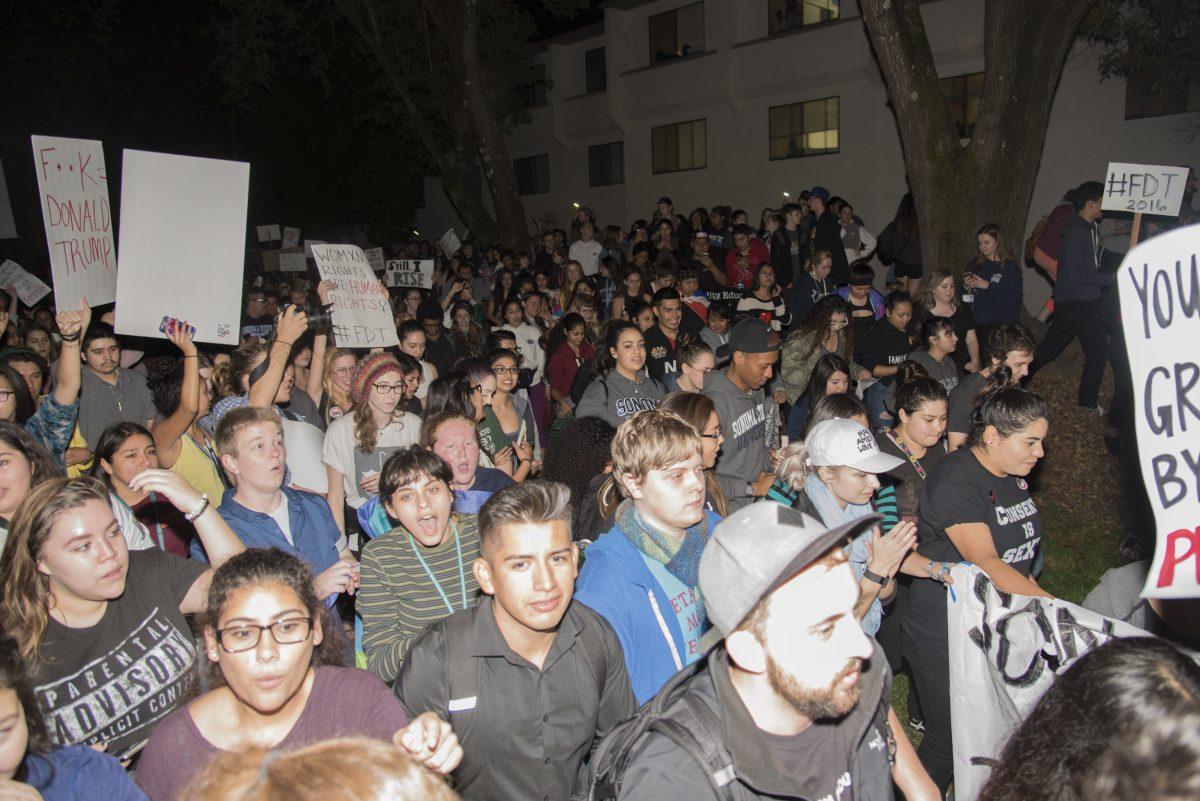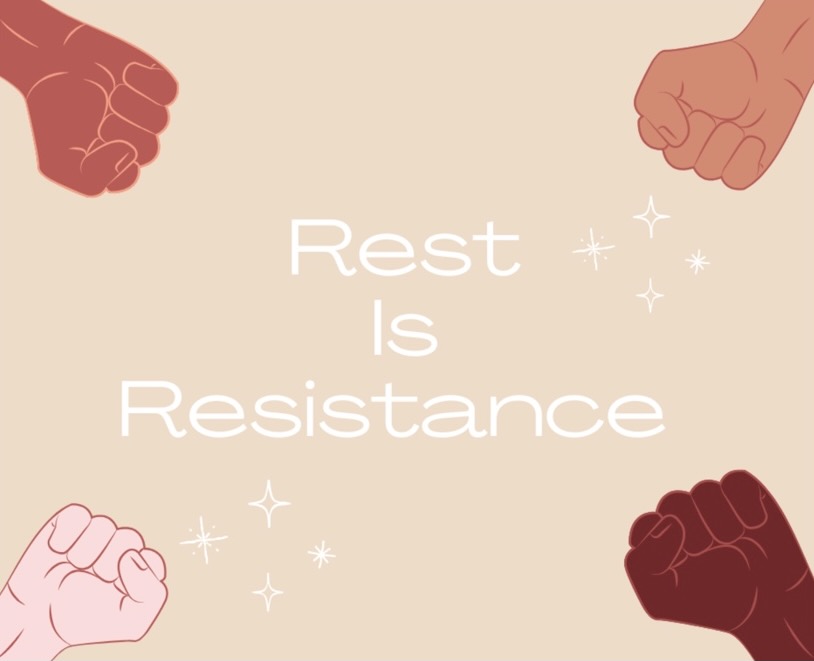In a world subject to constant and often unmanageable change, it helps to know one element should always be within our control: language. No one knows this better than Justin Trudeau, the 23rd Prime Minister of Canada and a man on a mission to shift the standards of modern language as we know them.
Earlier this year, he led the fray as the Canadian Senate passed a bill making the country’s national anthem gender-neutral, according to Merrit Kennedy of NPR. This bill declared “O Canada” was to have its third line reworded from “true patriot love in all thy sons command” to the new and improved lyrics, “in all of us command.”
Evidently, there is no such thing as a perfect bill and controversies soon arose. While the bill itself followed a rather steady road to this change, it is no doubt that the past has served as the greatest obstacle for a feat like this to even be accomplished. More than enough people have experienced trouble coming to terms with the change to the point of openly rejecting it as canon in their country’s history.
Take Canadian conservative member of parliament, Bob Saroya, who according to CNN’s Harmeet Kaur, tweeted his disappointment hearing “liberals” had altered the national anthem, claiming “some things just shouldn’t change.” Likewise, Senator Denise Batters admitted her frustration, alleging the change as “shameful,” along with the behavior of each Trudeau-appointed senator, as debate over the matter did not even seem to be an option.
On the other side of the coin, author and poet Margaret E. Atwood shares the sentiments of countless men and women, not just Canadians, who are ecstatic with the decision and want to see it become something more.
However, the endless paradox of politics continues to rattle, leaving a number of followers celebrating such a change they are convinced is for the greater good in the wake of many more disturbed with what the change represents. To some, it brings proper light to the path of inclusion, the type that has been long overdue for most of human history.
This change stands for future aspirations, united with the gender equality a number of Canadian citizens want to recognize in all facets their country has to offer. To those, this is only the beginning, and to others, the beginning of the end.
Plenty of critics have no problem calling Trudeau out, labeling him incompetently weak or sycophantic that he actually gave in to the demands of the language police.
Ben Shapiro of the Daily Wire even went as far as to call him “a teenage girl in a boy’s body,” when Trudeau referred to “mankind” as “people-kind” at one of his town hall meetings. The thought of political correction taking over language and ruining how people are meant to use it is a very real concern.
To be fair, both sides of the political correctness debate have always been known to overreact to the victories of the opposing side, especially in regards to language. No matter how small or inconsequential, each move made by each side is always taken by the other like a bullet before a suggestion, ultimately shooting down any chance for a worthwhile discourse and equally deterring others from trying. This is but another example.
As it stands, yet another line in the sand has been drawn in Canada. Similar to the U.S., this is not the first. Which is why, as soon as someone realizes that the act of replacing a pair of words in a song with a different pair of words drives people to send mean messages to one another over the Internet, the process of democracy starts to lose its luster.


































